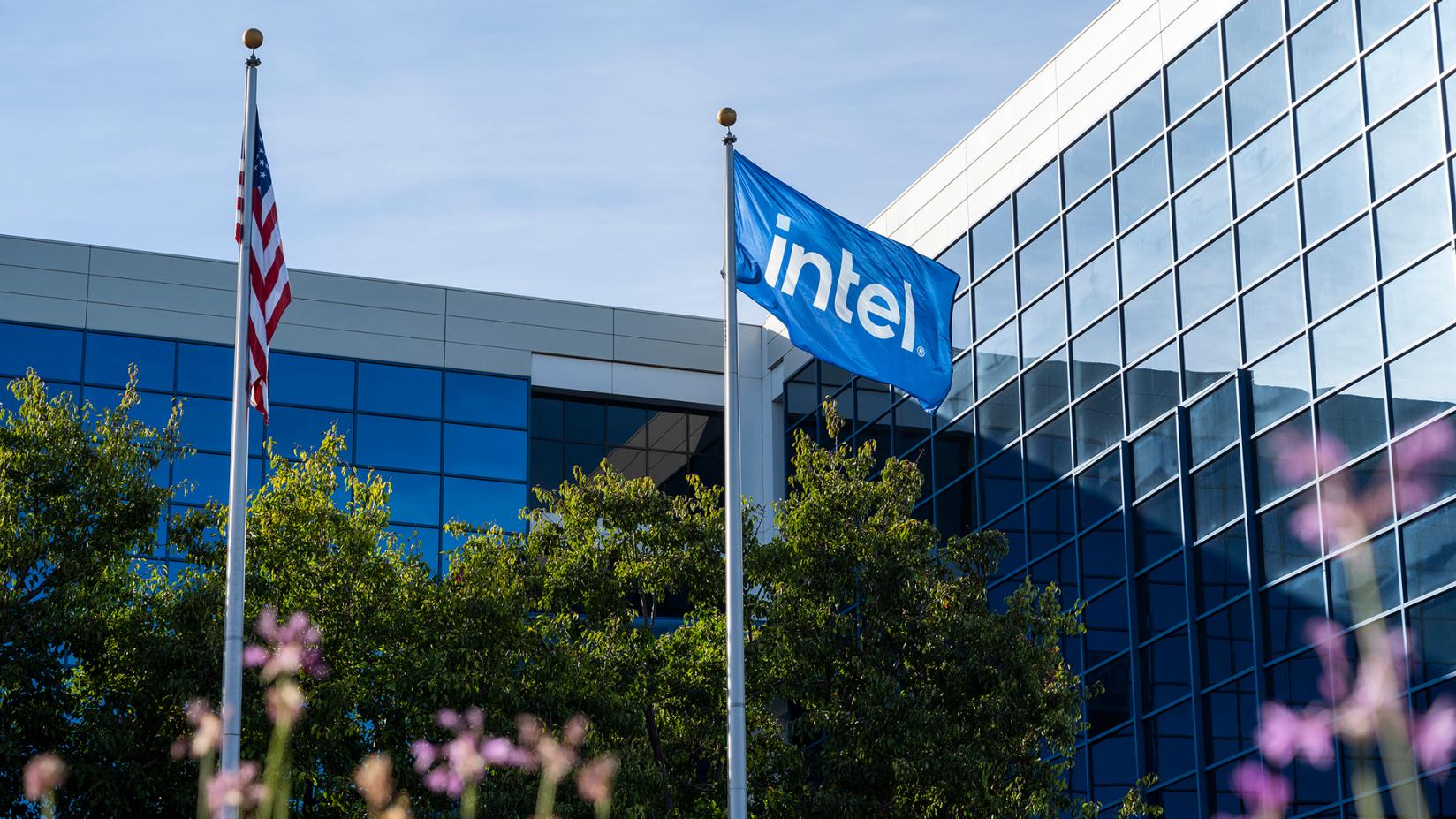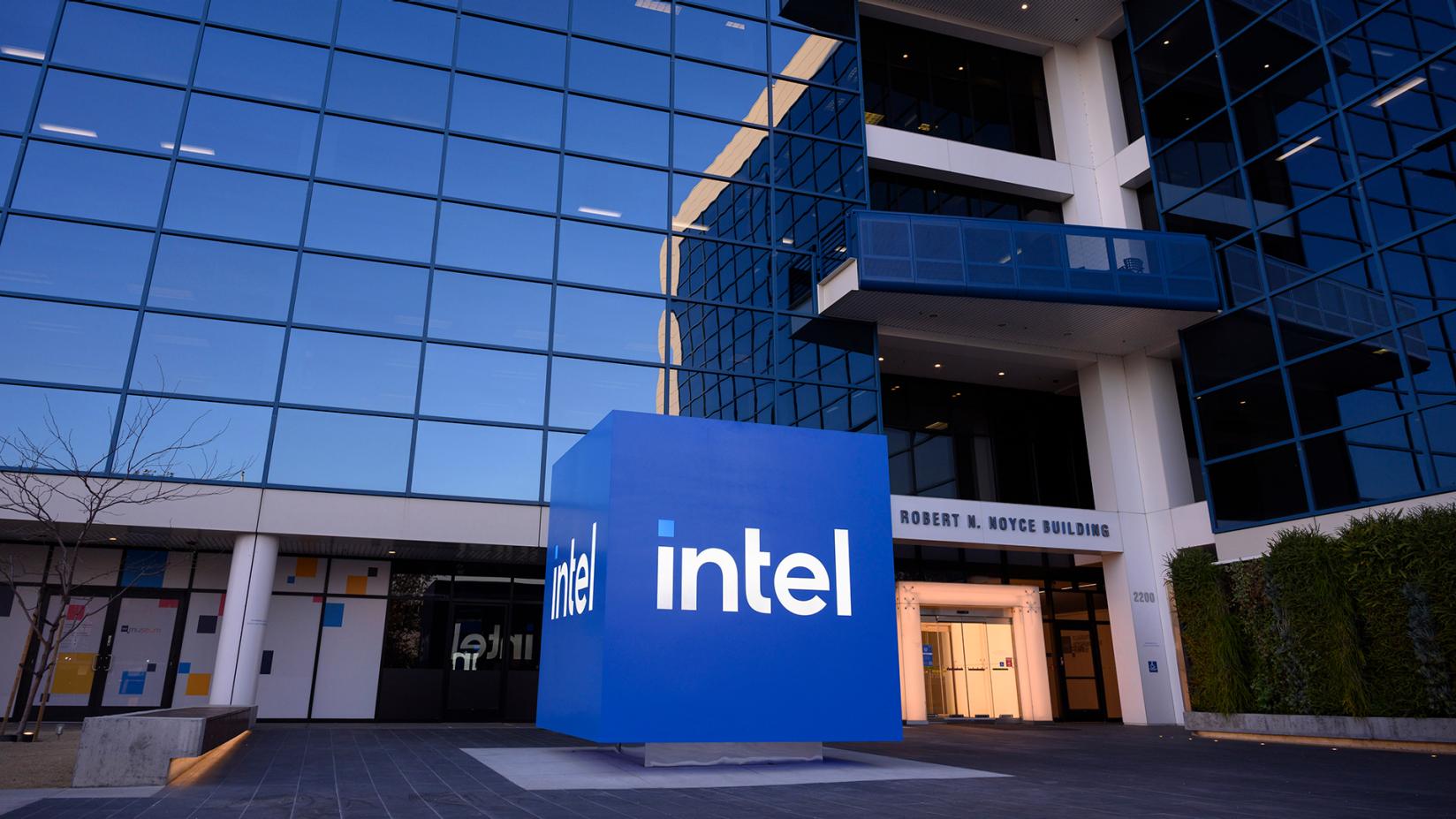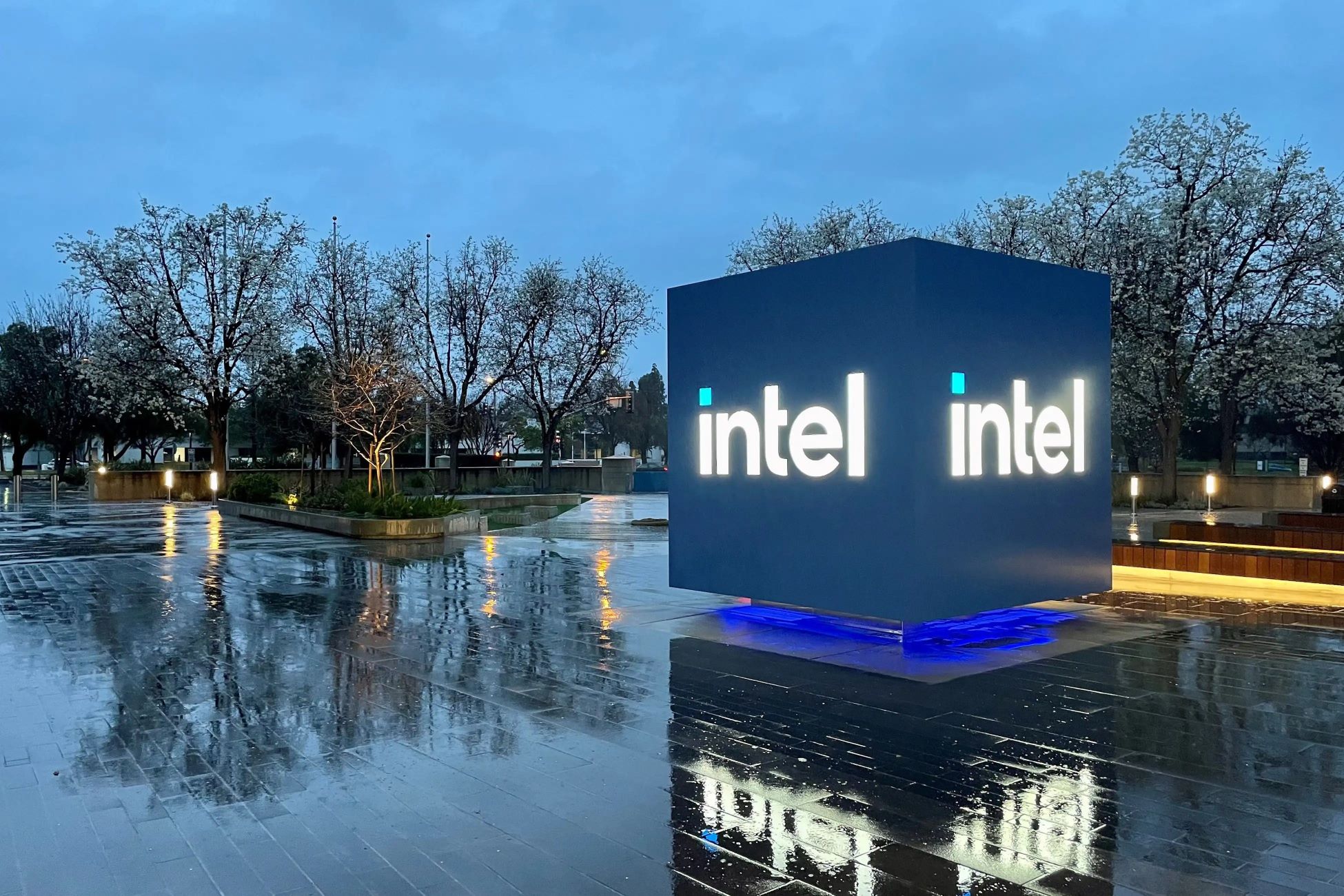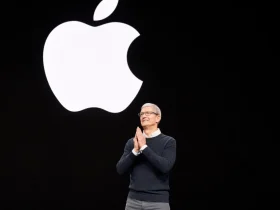According to a report released on Tuesday, Intel’s chip-making division faced operating losses totaling $7 billion in 2023.
This figure marks a significant increase from the $5.2 billion loss reported in 2022. Despite generating $18.9 billion in revenue during 2023, the division experienced a notable decline of 31% compared to the $27.49 billion revenue generated the previous year.
CEO Pat Gelsinger’s comments to investors provided insights into the situation, indicating that the accumulated losses should not come as a complete surprise.
Gelsinger attributes these recent figures, at least in part, to the consequences of Intel’s past missteps catching up with its foundry business.

Consequently, the chipmaker had to resort to outsourcing approximately 30% of its wafer production to other foundries, including TSMC, a notable competitor in the industry.
In a significant shift, Intel has chosen to invest in utilizing extreme ultraviolet (EUV) machines from Dutch company ASML, a decision it had previously avoided.
The CEO anticipates that the cost-effectiveness of these tools will play a pivotal role in enabling Intel to achieve break-even status by 2027.
ASML further emphasizes on its website that its technology facilitates the scalability of computer chip mass production, offering a more economical option for chip foundries such as Intel.

Intel’s strategic decisions seem to have come at an opportune moment. With plans to invest approximately $100 billion in constructing or expanding chip foundries across four states, coupled with up to $8.5 billion in government funding under the new CHIPS Act, Intel appears poised for a transformative phase.
However, the success of these endeavors depends on Intel’s ability to attract companies to utilize its chipmaking services.
While Microsoft has recently committed as a foundry customer, the exact number of additional companies Intel needs to achieve its break-even target within the designated timeframe remains uncertain.







Leave a Reply